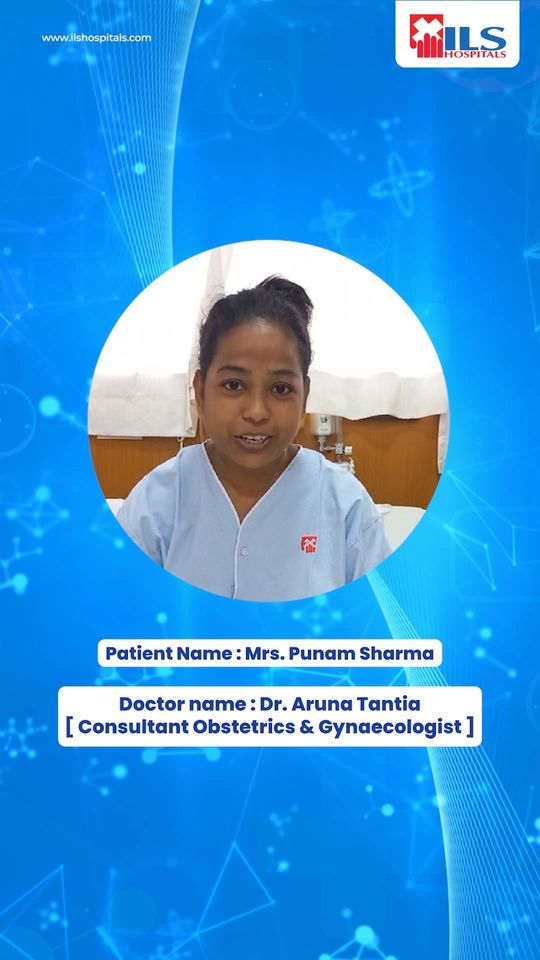Oral Cancer
Oral cancer (mouth cancer) is a general term for any malignancy that affects the inside of the mouth. Oral cancer may appear to be a typical condition with your lips or mouth, such as white spots or bleeding sores. The difference between a common issue and possible cancer is that these alterations persist. If left untreated, oral cancer can spread from your mouth and throat to other parts of your head and neck. Approximately 63% of persons with oral cavity cancer survive five years after diagnosis.
Oral cancer can affect both the mouth and the oropharynx. The oropharynx consists of parts of your tongue, the roof of your mouth, and the middle part of your throat and it is visible when your mouth is wide open. Oropharyngeal cancer is a type of cancer that occurs in the oropharynx. This page focuses on oral cancer in the mouth or the oral cavity.
Your oral cavity includes:
- Your lips.
- Your gums.
- The lining of the inside of your cheeks.
- The first two-thirds of your tongue.
- The floor of your mouth (the area underneath your tongue).
- The first layer of your mouth’s roof.
- The area directly behind your wisdom teeth.
Causes
Causes of oral cancer:
- Tobacco use
- Excessive alcohol consumption
- HPV infection
- Sun exposure
- Age
- Family history
Symptoms
Oral cancer has several signs and symptoms that may be mistaken for common problems or changes in your mouth. For example, you may notice patches inside your mouth that you can’t scrape away. These patches may be pre-cancerous conditions. The following conditions all appear as patches in your mouth and throat, but they’re different colors:
- Leukoplakia
- Erythroplakia
- Erythroleukoplakia
Diagnosis
During one of your routine appointments, your dentist may detect early signs of oral cancer. They may conduct preliminary testing or recommend you to an oral, maxillofacial, or head and neck surgeon. These professionals are also known as ear, nose, and throat (ENT) specialists. Physical examination, brush biopsy, incisional biopsy, indirect laryngoscopy and pharyngoscopy, and direct (flexible) pharyngoscopy and laryngoscopy are all methods used to detect oral cancer.
Oral Cancer Treatment at ILS Hospital
At ILS Hospital, we provide comprehensive and personalized care for oral cancer. Our multidisciplinary team of specialists offers advanced treatment options, including surgery, chemotherapy, radiation therapy, and targeted therapies.
- Diagnosis: Our expert oncologists use advanced diagnostic tools, such as biopsy, CT scans, MRI, and PET scans, to accurately diagnose and stage oral cancer.
- Surgery: For early-stage oral cancers, we perform surgical resection to remove the tumor while preserving as much healthy tissue as possible.
- Chemotherapy & Radiation Therapy: These therapies are used for both localized and advanced stages of oral cancer. Chemotherapy is often combined with radiation therapy to shrink tumors, kill cancer cells, and prevent recurrence.
- Targeted Therapy: Our advanced targeted therapy options focus on specific cancer cells, minimizing damage to healthy tissues and providing effective treatment for certain types of oral cancer.
- Rehabilitation: After treatment, we offer rehabilitation services, including speech therapy, nutritional counseling, and psychological support to help patients recover and improve their quality of life.
ILS Hospital is committed to providing compassionate, comprehensive care to our oral cancer patients, focusing on the best possible outcomes with a personalized treatment approach.
Prevention
Oral cancer can be prevented, and you can play an active role in preventing it. You can help prevent oral cancer with the following tips:
- If you smoke, chew tobacco, or use a water pipe, consider quitting or cutting back. Ask your doctor about smoking cessation programs.
- If you drink alcohol, drink in moderation.
- Do not forget your sunscreen. Apply UV-AB-blocking sunscreen and sunblock to your face
- Get the human papillomavirus vaccine.
- Follow a well-balanced diet.
- Get regular dental checkups. People aged 20 to 40 should get an oral cancer screening every three years, with annual checkups after age 40.
Oral cancer is a dangerous disorder, but early discovery greatly increases the likelihood of successful treatment. Individuals can lower their risk by recognizing the symptoms and risk factors and implementing preventive steps. Regular dental appointments and making healthy lifestyle choices, such as avoiding tobacco and excessive alcohol intake, are critical steps toward preserving oral health and preventing oral cancer. If you notice any unusual symptoms in your mouth or throat, consult a doctor or dentist.






































